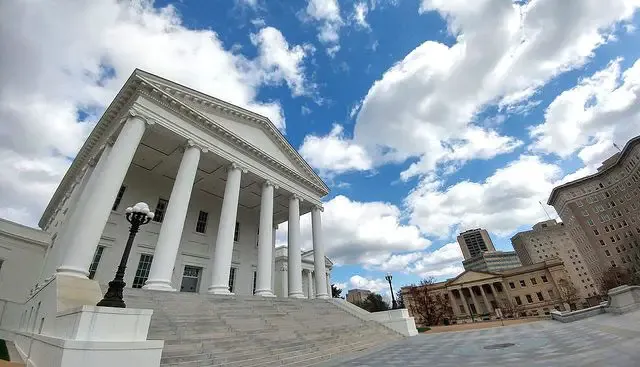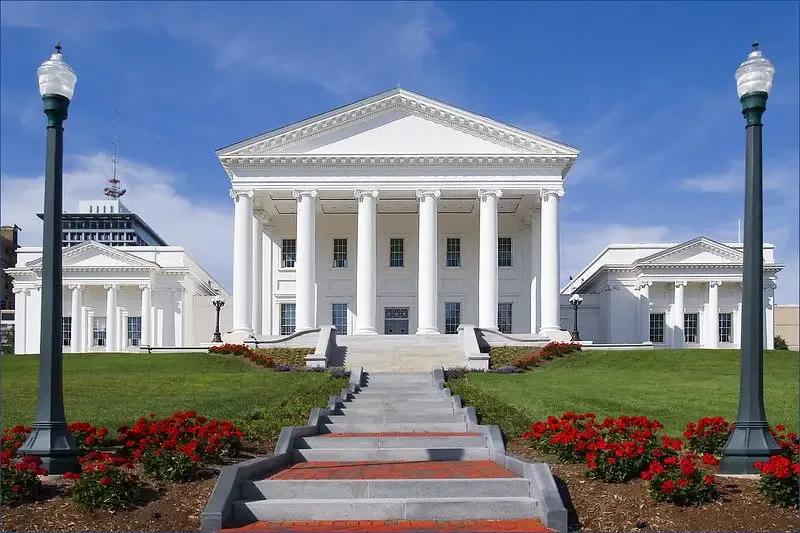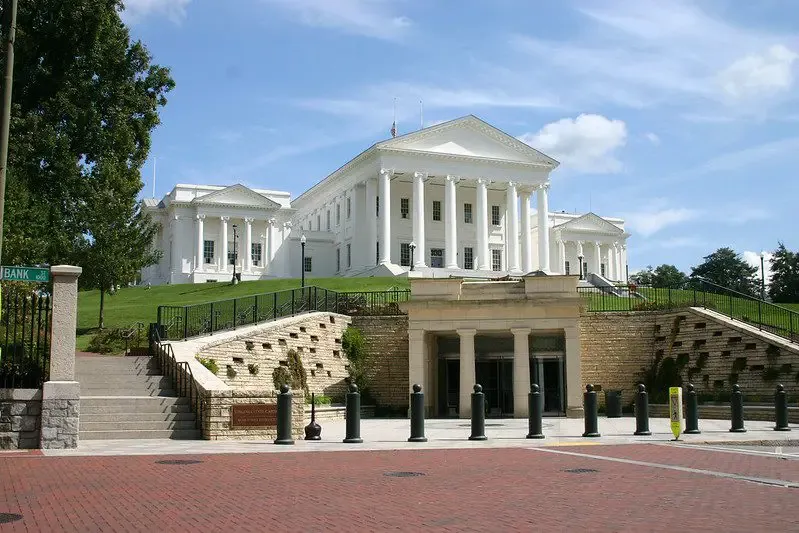General Assembly 2021 — Top News — Education — Henrico County Public Schools — Jennifer McClellan — Virginia General Assembly — Virginia House of Delegates — Virginia Senate — Paul Krizek
Virginia Senate House budgets head to floor with key differences




